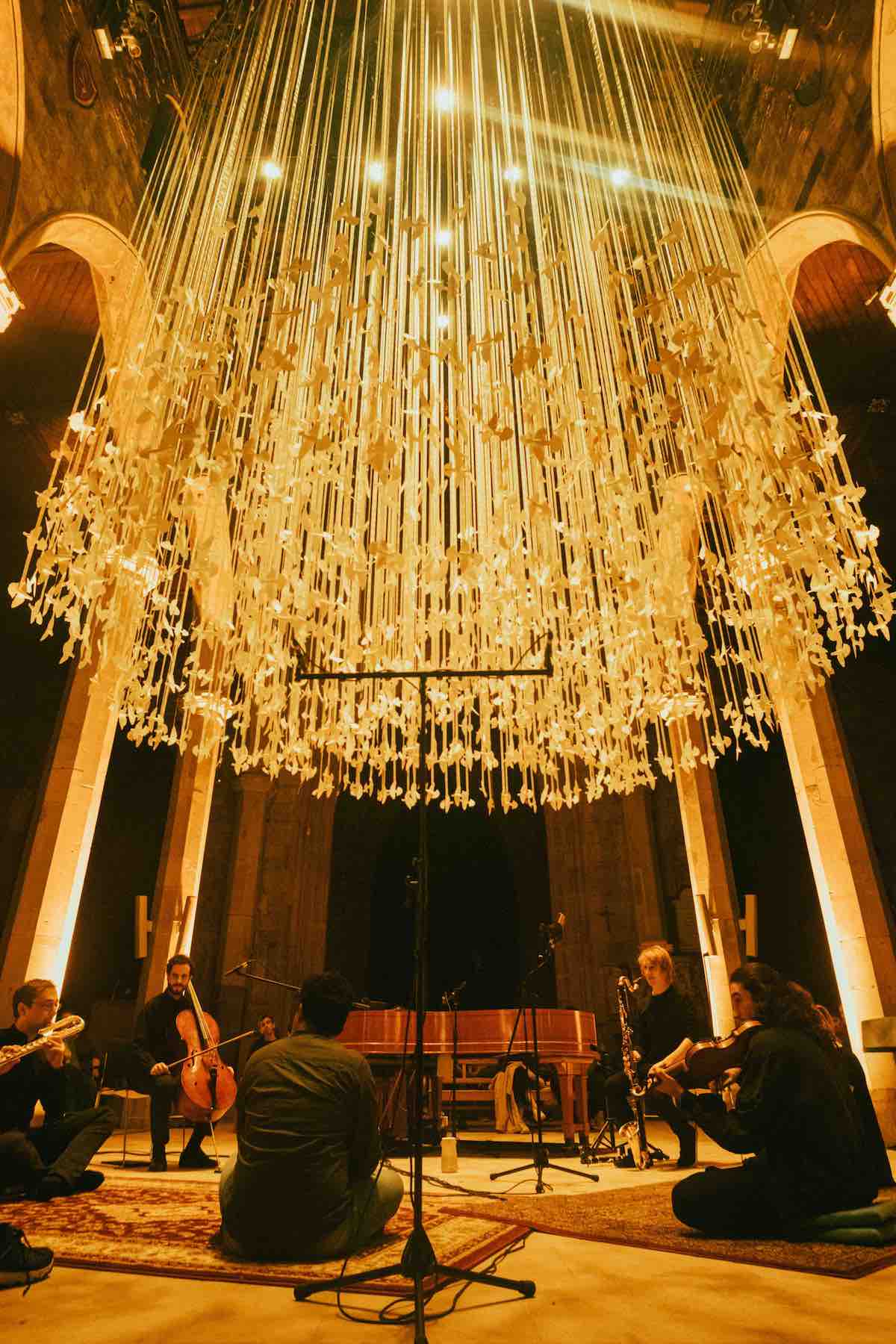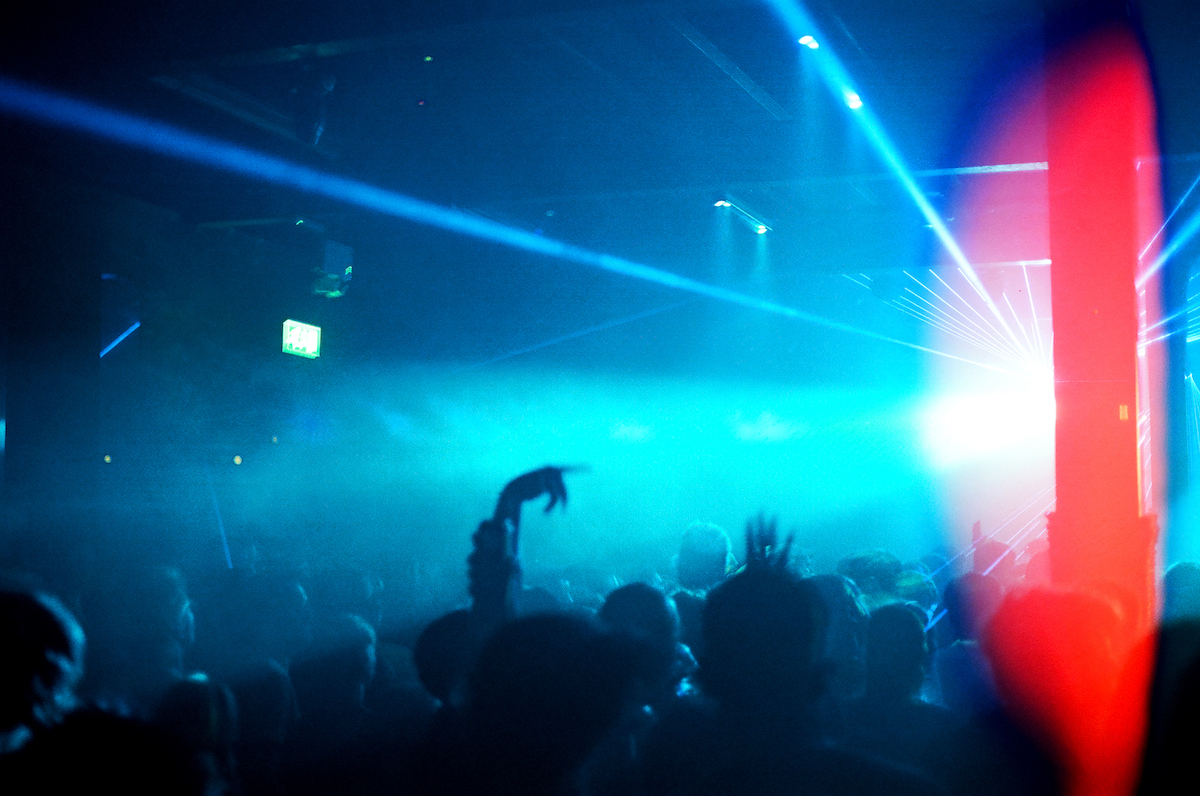The history of English music is the history of scenes born in the suburbs and proletarian provincial towns. Liverpool gave us the Beatles, obviously, but also Echo & the Bunnymen, the Factory, Manchester the Smiths, but also the Factory and the Hacienda with Joy Division, New Order, Happy Mondays, Bristol combined hip-hop and electronica in trip hop by Massive Attack, Portishead and Tricky. Sheffield, for example, despite only half a million inhabitants, managed to determine the history of music of the 80s by churning out projects such as Pulp, Human League, Cabaret Voltaire, capable of combining eccentric experimentation, Dadaist new wave and embryonic forms of techno between synth pop, industrial, psychedelia. A fertile ground where one of the most important electronic music labels in the world, Warp Records, was able to take root, which since 1989 has given us artists such as Aphex Twin, Autechre, Boards of Canada, laying the foundations for ambient techno and bleep techno first, and for IDM after.
Experimentation and research, which invade pop culture from the underground, are the common threads that speak of Sheffield's musical history. A story that reaches from yesterday to the present day is reverberated in the concept of no bounds, like the name of the innovative festival that since 2017 has brought music, art and new technologies back to the center of the city.
The seventh edition of No Bounds will be held this year from 11 to 13 October (and a preview on the 10th), with a huge calendar of events made up of installations, workshops, screenings, concerts, DJ sets in various locations within the city. A widespread festival that this year aims to “move beyond the limits of the city of Sheffield to welcome work and open cultural connections with local, national and international artists”.

A cathedral performance at No Bounds. Photo: James Ward
We will start on Thursday 10th with a lesson and a performance by John Chowing, professor emeritus at Stanford University and inventor of FM synthesis, a frequency modulation algorithm that has become fundamental in digital instruments starting with the Synclavier I in 1977 which found its commercial success thanks to the famous Yamaha DX7, a synthesizer that is rediscovering a second life in recent years (ask Mac DeMarco for example).
The real program begins on Friday with 8 active locations. During the day it will be an opportunity to enter into dialogue with the city and art through exhibitions, films, performances and installations. Let's report Coles Hidden Cornersthe sound installations by Mark Feel and Rian Treanor inside Cole Brothers, a historic Sheffield building undergoing a major restoration and which, for the first time, will open some locations to the public. The day's concerts will start from 6.30pm at Sheffield Cathedral (there are 5 scheduled: Emergence Collective, Lola De La Mata, Tara Clerkin Trio, Rian Treanor and Cara Tolmie), while at the Hallamshire Hotel there will be a double performance by Black Dog, historic local electronic band (we already find them in the famous compilation Artificial Intelligence of Warp in '92) who reinvented techno outside of pure dance. But since Sheffield, as we were saying, is a city that has always thought about the dancefloor in its thousand branches, the program for the night is quite dense: the Hope Works will open 4 rooms for a continuous rave that will occupy the whole night, from 11.30pm at 4pm. Worth noting: Flowdan, Dj Storm, Big Ang.

A scene from No Bounds 2022. Photo: Frankie Casillo
On Saturday we start again with a late morning session of drone yoga followed by a live-coding workshop and a 6-hour performance by Zaraon Mizmeras on the theme of dreaming entitled Dreaming (Live). Inaugurates Sadacca FMan exhibition that for two days will tell the story of the city's pirate radio stations through BBC Radio archive material, followed, again in the Sadacca location (a former steel factory), by Tom Payne's performance inspired by The storm cloud by John Ruskin, a double lecture on an environmental theme held by the author in 1884 in London. In between a workshop dedicated to synthesizers, the artistic DJ set by Tom J Newell, the showcase of the local label Delicious Clam and the performance/exhibition Dead Cat Bounce by Gary Zhexi Zhang and Waste Paper Opera. And the part called rave? Even more intense, from 4pm to 6.30am the next morning. Highlights: Kelman Duran, Batu, Italians TSVI and Stenny in back 2 back.
For the last day the program starts again with drone yoga which will be followed by a deep listening session with the Interworld Drone Orchestra and a series of outdoor activities for the program Entanglement, Commons and Cultural Myceliumcreated in collaboration with Sheffield Hallam University, including walks, talks and screenings. It ends on a high note with four concerts in the sacred space of the Chapel Of Our Lady in Rotherham, just outside Sheffield, before reaching the Hope Works for the last rhythms of the day, this time “only” until midnight.

